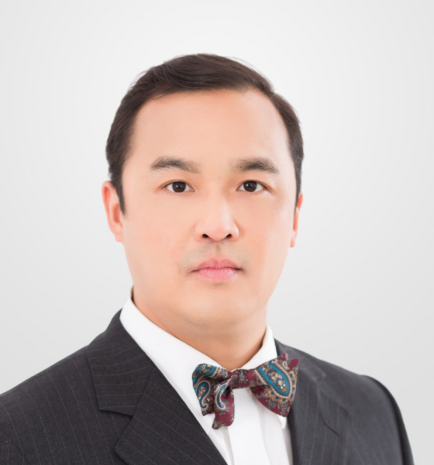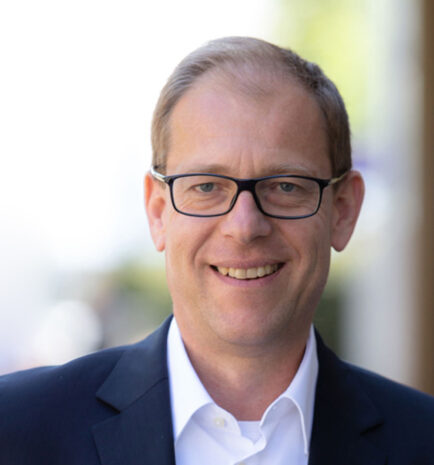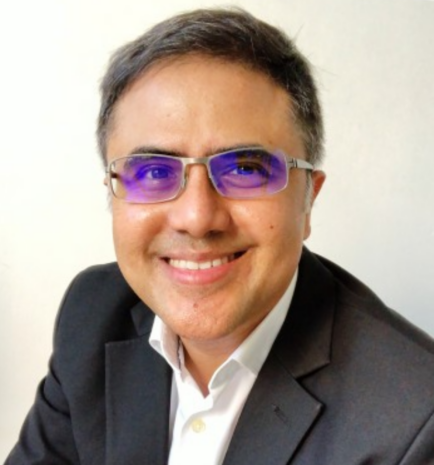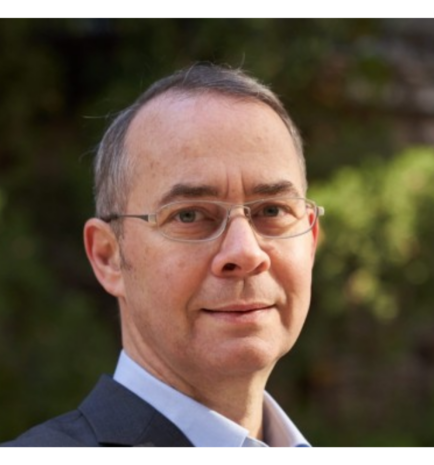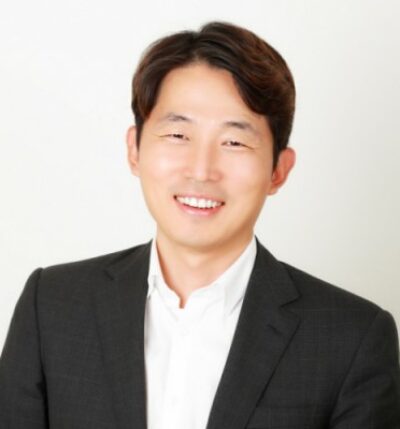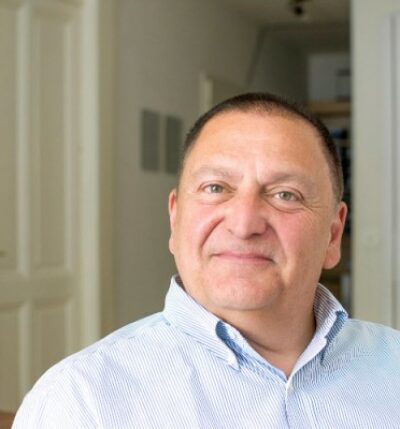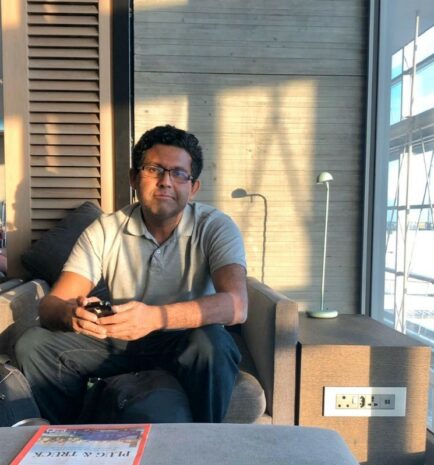
Swissnex nextrends Webinar Series
Science and Technology Diplomats are witnessing a transition in research and innovation, moving away from a purist in capitalism to impact innovation that will address global societal challenges. By no means does this mean that the world is ready to dump capitalism and consumerism, but rather a convergence of sorts that impact innovation and investment is becoming the preferred option. One such area of impact investment is in the green economy leading to a sustainable green transition. In essence, the transition is from the current mode of production and consumption to a new energy model which is more sustainable and economical.
How can we collectively contribute, and what does it need to achieve a green transition or green economy. The pillar of a green transition is that of sustainability. Sustainability is a word that we have learned to use loosely without a deep understanding of what it is and how to achieve sustainability. To pursuit, achieve and maintain a green transition, one needs to understand the philosophy of sustainability. It is only then that it is making sense to open up a meaningful dialogue on a green transition.
Switzerland is planning to cut its CO2 emissions to zero by 2050, meeting the internationally agreed goal of limiting global warming to a maximum of 1.50C compared to the pre-industrial era. The question is if this is possible. “The goal of achieving net-zero CO2 emissions by 2050 requires drastic transformations in the provision and consumption of energy in nearly all areas,” Tom Kober, head of the PSI Energy Economics Group.
Understanding, planning, and enacting a green transition through digitalisation requires a mindset of learning and pondering. The interconnection of digitalization and our world, especially post-COVID, is becoming a default enabler for several if not all global challenges and solutions. Today, it isn’t easy, if not impossible, to imagine the attainment of sustainable development goals without triggering the enabling technology of digitalisation.
The webinar series is co-organized by Swissnex in China, India and Japan, and Science and Technology Offices of the Embassy of Switzerland in Australia, China, India, Israel, Japan, Singapore, South Africa and South Korea.
Webinar 1: Inclusiveness of Digitalisation in pursuit of a Green Transition
Globally we are witnessing a transition in research and innovation, moving away from a purist in capitalism to impact innovation that will address global societal challenges.
How can we collectively contribute, and what does it need to achieve a green transition or green economy?
We are cognitive of the need for policymakers to strategically address new business models that embrace the development and deployment of digital technologies for data generation, storage, transmission, and analysis. In this webinar, we will explore digitalisation to enable a green transition on the pillars of sustainability through topics such as:
- Digital technology as an enabler for new market mechanisms
- Data as an infrastructure for a green transition
- An inclusive digital green economy
The thought leaders include:
- Prof. Charles Chang, Deputy Dean for Academics, Director of the Fintech Research Center at Fudan University in China
- Dr. Thomas Puschmann, Director of the Swiss FinTech Innovation Lab at the University of Zurich in Switzerland
- Mr. Ashokan Ramakrishnan, Director for Smart Metering at iWOW Connections in Singapore
And moderated by Dr. Felix Moesner, Consul and Head of Post at the Consulate of Switzerland and Swissnex in Japan.
Webinar 2: In Pursuit of a Green Transition: Challenges of Technological Change for Sustainability
What are strategies to promote the development and adoption of sustainable technologies?
What are green alternatives for growth and development?
How can we improve people’s lives in ways consistent with advancing environmental and social well-being?
Join us next Wednesday in the second nextrends Asia +3 Webinar, featuring thought leaders from SouthAfrica, SouthKorea, Switzerland, and India.
Bio
-
![]()
Speaker - Webinar 1
Prof. Charles Chang
Deputy Dean for Academics, Director of the Fintech Research Center at Fudan University in ChinaProf. Charles Chang is the Deputy Dean of Academics, a Professor of Finance and Director of the Fintech Research Center, Fanhai International School of Finance. He is also a member of the finance faculty at the Chinese University of Hong Kong.
Prof. Chang was also a faculty member at the Shanghai Advanced Institute of Finance, Shanghai Jiao Tong University. He was a visiting professor for National Taiwan University and Peking University. Prior to returning to Asia, he spent six years on the professorial faculty at Cornell University.
Professor Chang’s research spans the fields of Fin-tech, investments, corporate finance, and behavioural finance with a focus on emerging markets. He has ever won the National Merit Scholar in United States of America. His work has been noted in more than 200 media outlets with work published in top journals such as the Journal of Financial Economics, the Journal of Corporate Finance, the Journal of International Money and Finance, the Journal of Banking and Finance, Journal of Derivatives and Financial Management. -
![]()
Speaker - Webinar 1
Dr. Thomas Puschmann
Director of the Swiss FinTech Innovation Lab at the University of Zurich in SwitzerlandDr. Thomas Puschmann is Founder and Director of the Swiss Fintech Innovation Lab.
He started research in this topic already back in 2008 where the digital banking, fintech and blockchain field was in its infancy. His interests are fintech, sustainable digital finance, digital banking, insurtech, cryptocurrencies, blockchain and smart contracts. In addition, Thomas is member of the Swiss Innovation Council Innosuisse, member of the Blockchain Taskforce of the Swiss Federal Council, Founder and President of the Association Swiss Digital Trade Platform, Founder and Executive Director of Swiss Fintech Innovations, and Chairman of the Swiss Association for Standardization for Distributed Ledger Technologies as part of ISO.
Prior to his work in research, Thomas spent five years in consulting where his last position was a member of the executive board at ESPRiT Consulting (today Q_Perior) and The Information Management Group.
-
![]()
Speaker - Webinar 1
Mr. Ashokan Ramakrishnan
Director for Smart Metering at iWOW Connections in SingaporeMr. Ashokan Ramakrishan heads the Smart Metering business at iWOW, a Singapore-based IoT technology provider that helps businesses uncover unconscious waste in their utility consumption.
He is deeply concerned about climate change and believes that businesses must play a key part in creating a more sustainable future. In his spare time, he serves as the Honorary Secretary of SPARK, a local charity that supports families living with ADHD thrive.
He is passionate about advocating for greater understanding and inclusiveness for neuro-atypical people who think differently as he believes that in order to solve the existential challenges facing our world, we will need all our brain power working together. -
![]()
Moderator - Webinar 1
Dr. Felix Moesner
Consul and Head of Post at the Consulate of Switzerland and Swissnex in JapanDr. Felix Moesner is the Consul of the Consulate of Switzerland in Osaka & CEO of Swissnex in Japan.
With a PhD in robotics, MBA and MSc from ETH Zurich, MIT and the University of Tokyo, Dr. Moesner acquired comprehensive experience in working with professionals of governmental, private and academic sectors in the economic superpowers US, Japan & China. From 2003-12, Dr. Moesner worked as Science Counsellor at the Embassy of Switzerland in Tokyo, continued as CEO of Swissnex in Boston & New York from 2012-2017 and CEO of Swissnex in China from 2017-2021. Swissnex is the Swiss network for education, research and innovation and is committed to the exchange of knowledge, ideas and talents. Previously, he worked for Credit Suisse Life Japan, Toshiba Corp., Synpulse, Kanagawa Academy of S&T and Egon Zehnder.
-
![]()
Speaker - Webinar 2
Leo Hyoungkun Park
Associate Director ClimateWorks Foundation South KoreaLeo is the Associate Director of ClimateWorks Foundation’s Sustainable Finance Program.
Previously, Leo worked for the Green Climate Fund as Deputy Director a.i. at its Private Sector Facility and acted as the inaugural Corporate Sustainability Officer. Additionally, Leo serves the Republic of Korea’s Presidential Committee on Carbon Neutrality as a member. Leo spent most of his career in climate/sustainable and project finance, including with the Korea Development Bank. He also led the design and legislation of the Emissions Trading Scheme at the Republic of Korea’s Presidential Committee on Green Growth. Leo holds a bachelor’s degree in Computer and Business Studies from the University of Warwick, U.K., and an M.B.A. degree from New York University. He received his PhD degree in Sustainability Management and Sustainable Finance from Inha University in the Republic of Korea where Leo also serves as an adjunct professor. Leo is a co-author of the book “Are you ready to trade carbon?”.
-
![]()
Speaker - Webinar 2
Dr Suren Erkman
Professsor in Industrial Ecology, University of Lausanne, SwitzerlandSuren Erkman has a background in Philosophy and Biology from the University of Geneva (Switzerland) and a PhD in Environmental Sciences from the University of Technology of Troyes (France). He has been also trained as a registered science and business journalist. He has been contributing to the emerging field of industrial ecology since the early 90s, as a consultant and entrepreneur. In 2005, he joined the University of Lausanne as an Associate Professor in Industrial Ecology. Suren Erkman is also Chairman of the Board of the consulting company Sofies (Solutions for Industrial Ecosystems), with more than 60 collaborators. Sofies advises companies, governments and international organizations on sustainability issues, with a focus on industrial ecology and circular economy.
-
![]()
Speaker - Webinar 2
Jaya Dhindaw
Director (Urban Development) World Resources Institute IndiaJaya Dhindaw is Director (Urban Development) at WRI India. She is based in Bangalore and provides strategic leadership to all Urban Planning initiatives across WRI India. Jaya leads the practice’s work on advancing goals for sustainable development in Indian cities to enable and influence knowledge building and on-ground impactful interventions through instruments for compact, connected and inclusive development, green infrastructure planning, metropolitan governance and structural economic and policy reforms. Jaya has over 16 years of global experience in a diverse set of roles within the domain of Sustainable Urban Planning Jaya studied Architecture at the University of Pune and holds a Master’s degree in City Planning, from the Indian Institute of Technology, Kharagpur. She also studied Community Planning at the University of Cincinnati. Jaya has authored several publications and serves as Managing Associate Editor for the Journal of Sustainable Urbanization, Planning and Progress by UDS (formerly Whioce) Publishing, Beijing.
-
![]()
Moderator - Webinar 2
Saliem Fakir
Executive Director, The African Climate Foundation, South AfricaSaliem Fakir is the Executive Director of the African Climate Foundation.
Prior to establishing the ACF in 2020, Saliem served as the Head of the Policy & Futures Unit of WWF South Africa for 11 years. Saliem has worked as a Senior Lecturer at the Department of Public Administration and Planning and an Associate Director for the Centre for Renewable and Sustainable Energy at Stellenbosch University. Prior to that, he served as Director of the World Conservation Union, South Africa (IUCN-SA) for eight years. Saliem has served on a number of Boards and is a prolific writer who contributes regularly to leading South African publications like Engineering News, Business Day and the Daily Maverick.
